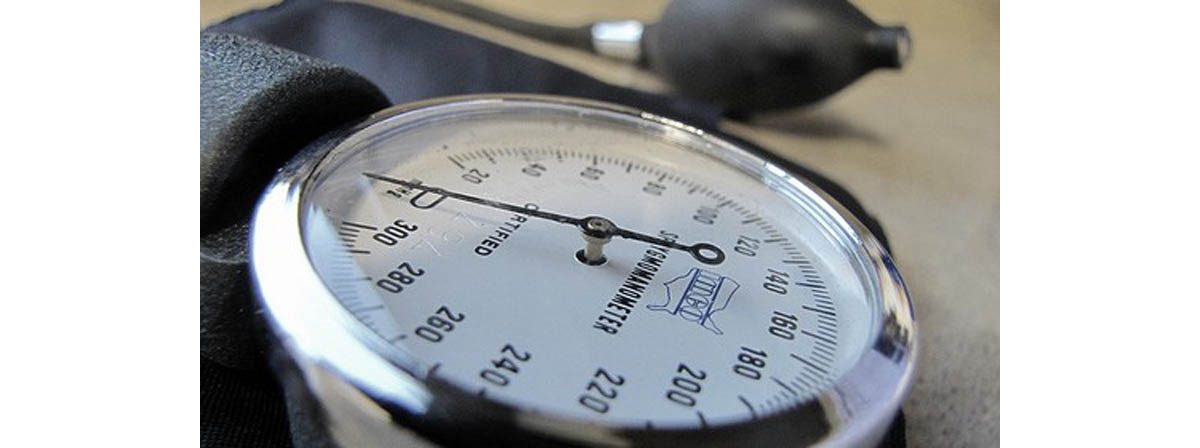Table of Contents
Are you experiencing low blood pressure symptoms? Measuring your blood pressure is a good first step, which you certainly need to take — but watch out; if your blood pressure turns out to be normal, you will still need to see a doctor to investigate the real cause of your symptoms. You can find out what your blood pressure is with a good-quality cuff at home (ask a relative or even neighbor who suffers from high blood pressure), at most pharmacies, or at your doctor's office.

Once you know you have low blood pressure, it is still advisable to see your family doctor for a consultation. Meanwhile, there are many things you can do by yourself to get your blood pressure to go up.
You already know that your low blood pressure is probably caused by the hot temperature this summer. So, stay out of the hot sun and try to see if your symptoms and blood pressure will improve if you stay in an air-conditioned space most of the time. Regular cool showers may also help you.
Almost everyone is aware that they should drink more water during the summer to make up for the fluids they lose through perspiration, but few actually follow this common-sense path of action. Drinking plenty of clear fluids this summer will increase your blood volume, fight dehydration, and will probably make you feel better. Steer clear of alcohol, which has a dehydrating effect, at the same time.
Also make sure that you eat a healthy and balanced diet, but with a few variations you are probably not used to. When you suffer from low blood pressure, it is best to eat smaller meals more frequently to keep your blood pressure steady. Don't eat too many carbohydrates and consume plenty of fresh fruits and vegetables — summer salads are a perfect meal for you if you have summer hypotension.
Feel free to increase your salt intake, with your doctor's consent, because it might well ease your symptoms. You'll find salt in soy sauce, sardines, and licorice as well as in.... table salt, which you can add to most foods.
Drinking more coffee and other caffeinated drinks is also likely to send your blood pressure right up. Once again, OK this with a competent healthcare professional before taking this step, because too much caffeine can, of course, lead to certain problems including an irregular heartbeat.
Finally, change positions slowly. If you get up too quickly and are too active after lying down or sitting, it can make your blood pressure drop. Experiencing a drop in blood pressure after getting up is called postural hypotension, and it happens more to older people. For some, taking a few deep breaths and starting off slowly is actually enough to put an end to low blood pressure symptoms altogether.
If none of those steps seem to help you, you are strongly advised to get in touch with your family doctor as soon as possible. Hypotension can make you sluggish and unable to be productive, and the sooner you address the issue, the more quickly you can return to your normal life/
- Photo courtesy of ilovebutter by Flickr : www.flickr.com/photos/jdickert/3867084417/
- Photo courtesy of jasleen_kaur by Flickr : www.flickr.com/photos/jasleen_kaur/4388052026/


Your thoughts on this